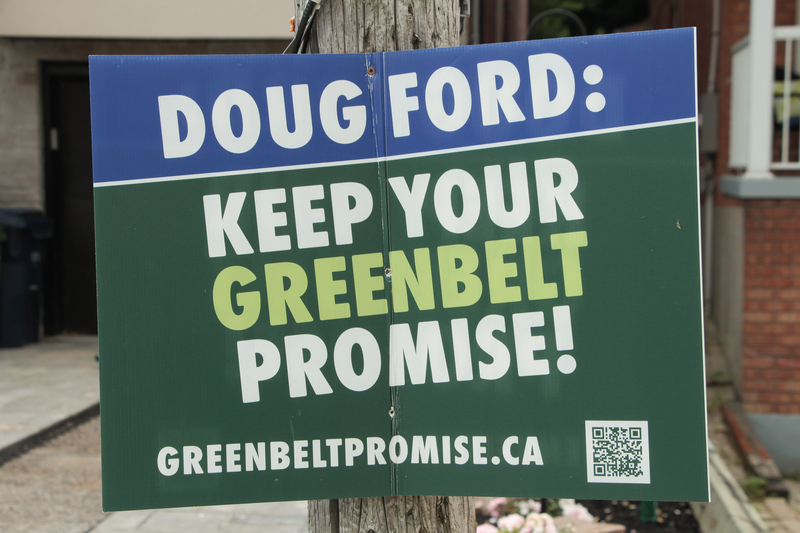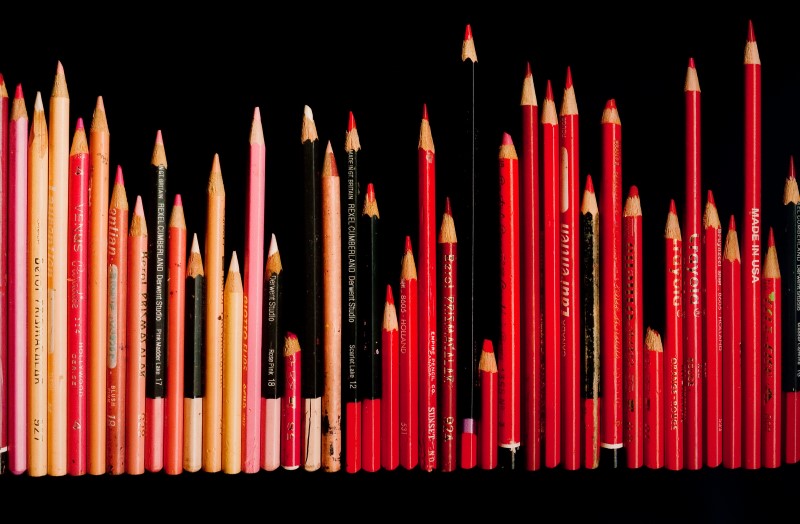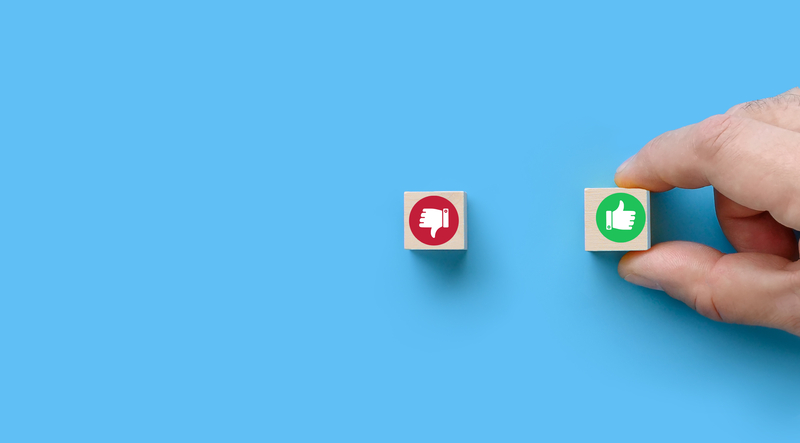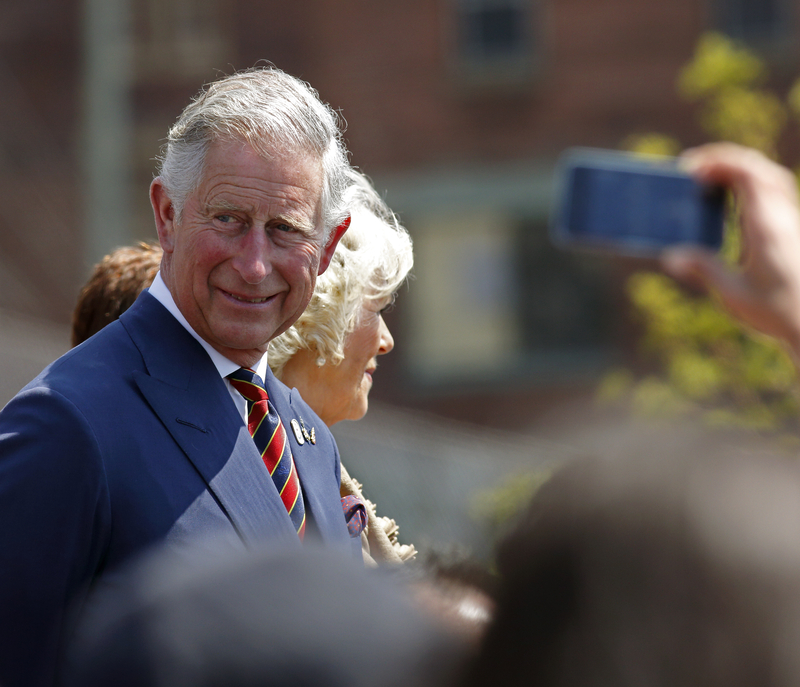On Saturday, the Conservative Party of Canada chose its new leader.
His name is Pierre Poilievre (say pahl-ee-EV) and he won BIG.
After a long campaign period, he walloped his competition winning over 68 percent of the vote. This means that he received over twice as many votes as all four of his opponents combined.
Not surprisingly, his campaign drew large crowds and a ton of support from Conservative voters. That's how you win so decisively. But he also received a lot of criticism for his approach to drawing these crowds.
In other words, like many leaders, people have strong feelings about him, one way or another. Let's try to look at why this is so.
Who is he?
Poilievre arrives in Ottawa yesterday with his wife, Anaida, and son, Cruz, to make his first speech as the Leader of the Official Opposition. (Getty Embed)
Poilievre, who is now 43, has been active in federal (national) politics for nearly 20 years. He won his first election in 2004 when he was only 24 as the MP (Member of Parliament) for Nepean-Carleton. He was the second youngest member of his party's MPs at the time—this makes sense because he really got a head start!
Even as a teenager, he worked in politics. He helped on campaigns and working in offices for significant Conservative politicians like former Alberta premier Jason Kenney and former Prime Minister Stephen Harper.
In 1999, he wrote an essay for a contest about "What I would do if I was Prime Minister ..." (He won that contest, by the way.)
After his first election victory, he went on to win six more times as an MP. Under Harper, he was added to the cabinet (top ministers) in 2013. And even after Justin Trudeau and the Liberal Party won the 2015 federal election, Poilievre continued to win his own elections and raise his profile within Canadian government.
What does he stand for?
Poilievre delivers a speech in London, Ontario this summer. (Getty Embed)
Poilievre has been his party's top finance critic for many years. So it makes sense that a lot of his message is about money.
Currently, many in the world (including Canadians) are struggling with something called inflation. This is the rising cost of goods and services that people must pay to meet their basic needs. Inflation is rising so quickly, that people are having to make tough choices about what they can afford to purchase.
How inflation happens is complicated and there are many possible explanations. Poilievre feels the main cause of inflation in Canada is that Trudeau's government is spending money too recklessly and raising taxes on everyday people. He promises to reverse this situation if he becomes prime minister.
He also says that he stands for 'freedom'. Over the summer, he made the statement that he wanted to make Canada the 'freest nation on earth.' He feels that the current government is placing too many restrictions on people's lives.
Why is he controversial?
The protests this winter in Ottawa created a lot of heated debates across the country. (Getty Embed)
Poilievre's views have won him a lot of support. His leadership victory was far stronger than those of either of his party's last two leaders, Andrew Scheer or Erin O'Toole. His messages about tackling inflation, ending new taxes, restraining government spending, and ending vaccine mandates are very appealing to many people.
But many critics of his approach (including some of his leadership opponents, like Jean Charest) are concerned about how he is approaching winning this support.
For example, when a trucker convoy protesting over COVID restrictions and masking mandates occupied downtown Ottawa for three weeks in January-February 2022, most politicians distanced themselves from it. This was because the protest also contained a lot of extremist and anti-government messages, including demanding that Trudeau and his government be removed.
But Poilievre met with the leaders of that movement and supported them (he said that he supported the right to protest, but denounced those who were extremist). And in talking so clearly about freedom in his campaign, he echoed a central message of that protest, which was often called the 'Freedom Convoy'.
Political experts define this type of politics as something called populism. This is when a politician appeals to people who feel that their concerns are being ignored by elite (or privileged) members of society.
Similar message, different approach
Poilievre has made a point of talking of the high costs of things like gas and groceries. (Getty Embed)
On one hand, there is nothing wrong with a politician standing up for 'everyday people'. In this way, Poilievre's message is not that different to what NDP leader Jagmeet Singh has been saying for years.
Singh regularly attacks Trudeau for protecting the interests of the elite and rich in Canada at the expense of the working class and the less fortunate.
So what is the difference between them here?
For starters, Singh always spoke out against the convoy. He also believes that the source of people's financial problems in Canada is not government spending—it is that the wealthy in the country are making too much money and that there is not enough to go around for everyone else. He would favour newer taxes, but ones focused on those who make the most money.
In other words, both leaders are identifying a very similar problem—everyday people struggling while wealthy, elite people are thriving. But they are proposing very different types of solutions to it.
A new direction
Poilievre will be a strong opponent to Trudeau in the next election. (Getty Embed)
Regardless of how anyone views Poilievre, he is someone the Conservatives haven't had in a long time: a strong leader who is unapologetic about his belief in conservative policies, such as low taxes, and lots of individual freedom. (Their past two leaders both tried to soften their party's usual message to appeal to as many people as possible.)
After losing three straight elections to Trudeau and the Liberals, Poilievre clearly has the support from within his own party to lead them forward in an attempt to the win the fourth showdown.
What remains to be seen is whether the rest of Canada agrees.
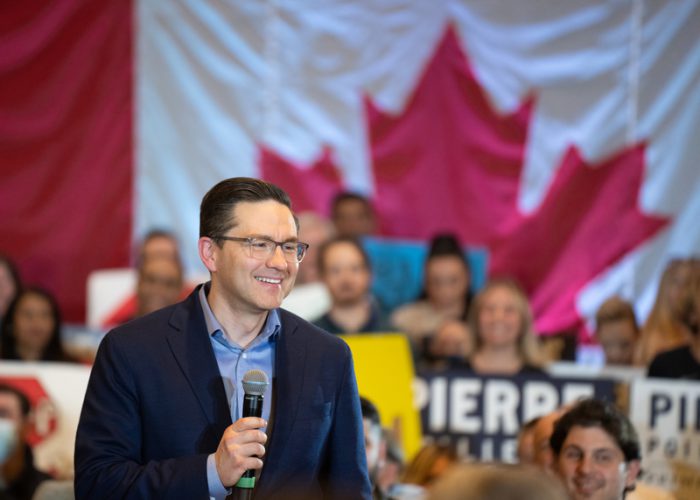 Poilievre easily won the right to lead his party. (ID 244761750 © Beth Baisch | Dreamstime.com)
Poilievre easily won the right to lead his party. (ID 244761750 © Beth Baisch | Dreamstime.com)


